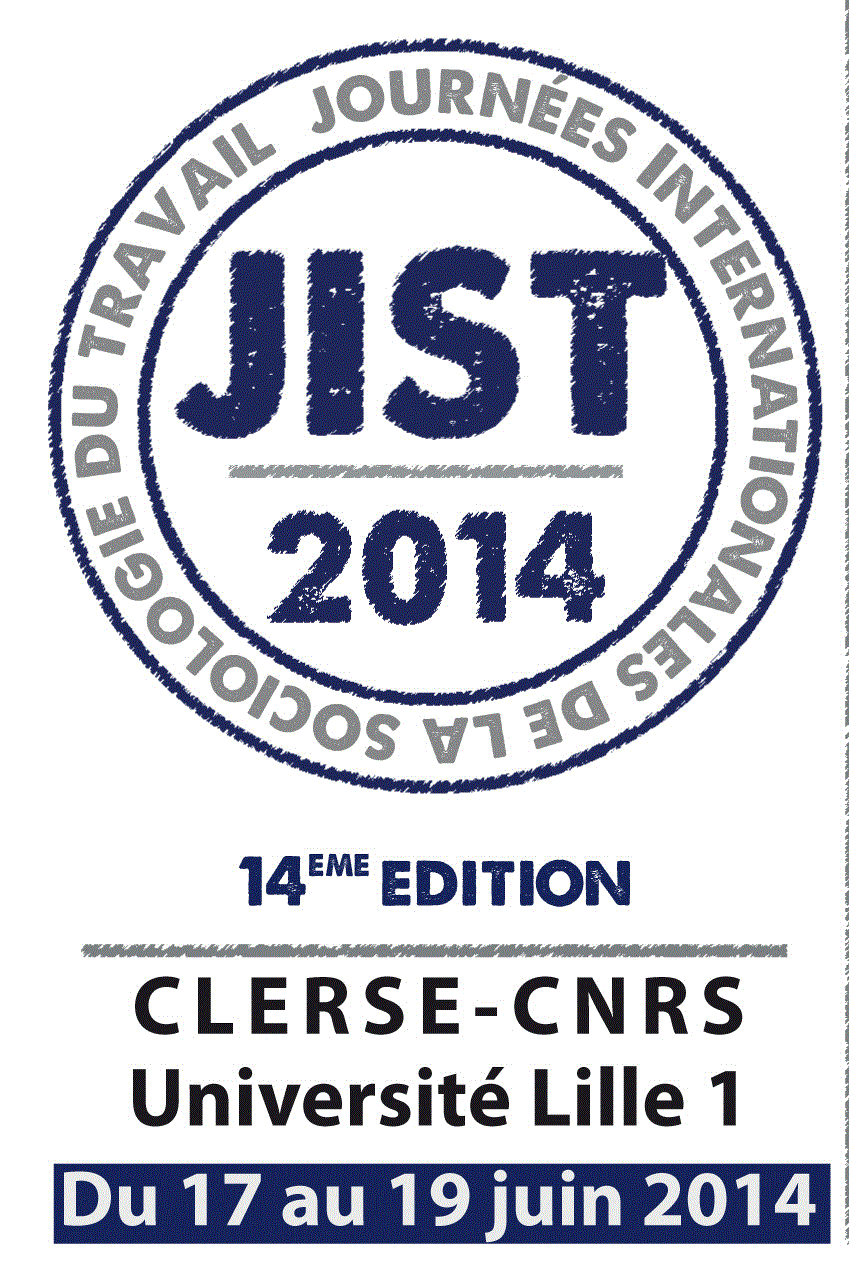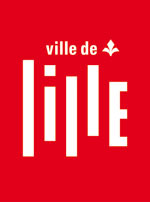English version
par
popularité : 89%

Margins of work and employment : forms, stakes, processes
Download the english version (pdf)
Download the registration form
Theme
In the social sciences, studying margins has traditionally served to reveal social change. Yet, can work and employment “margins” be analyzed without being related to “centers” made of normative frames and “typical”, dominant forms of work and employment ? Connecting margins and centers appears as a very vivid way to study the transformations of the social worlds of work, in terms of processes, dialectics, moving frontiers and social relations. It also offers an opportunity to question our ways of thinking (in and outside the academy) and social categories of work : we usually represent working societies based on dichotomies such as stable/precarious, formal/informal, typical/atypical, inclusion/exclusion, assigned/real, center/fringes, work/non work, etc. These oppositions, built by the myths of full employment inherited from the post-war decades , still function as a symbolical reference. Stimulating recent analyses invite us to separate the ideas of margin and marginality, to break with bipolar conceptions of work and employment, in order to better consider complementarities and interdependences. Through the study of tensions existing between margins and centers, these XIV Journées Internationales de Sociologie du Travail aim at examining how analyzing the margins of work and employment helps understanding society and its recent changes. Where and how are margins of work and employment defined and built ? What do they reveal of normative systems and ways of conceiving work ? How do margins and centers organize and/or combine in new socio-economic relations ? What conceptions of work do workers situated on the margins have ? What are their capacities of resistance and mobilization ? What is their potential for transforming social relations ?
Call for submissions
Analyzing relations and dynamics between margins and centers can be declined in several ways :![]() Through focusing on developing margins, such as “atypical” jobs in services and care that often come with possible exceptions to labour law. Are these margins developing, or is the attention we pay to them growing, or do these margins reveal the disintegration of work and employment’s structures and regulations ?
Through focusing on developing margins, such as “atypical” jobs in services and care that often come with possible exceptions to labour law. Are these margins developing, or is the attention we pay to them growing, or do these margins reveal the disintegration of work and employment’s structures and regulations ?![]() Through pointing out the effects of margins on centers. How margins of work and employment affect activities and dynamics of the labour market ? How are centers being attacked, rebuilt, destabilized by margins’ activities ? How are centers – their actors, their institutions and their dynamics – participating in building norms that define themselves as much as they define their margins ?
Through pointing out the effects of margins on centers. How margins of work and employment affect activities and dynamics of the labour market ? How are centers being attacked, rebuilt, destabilized by margins’ activities ? How are centers – their actors, their institutions and their dynamics – participating in building norms that define themselves as much as they define their margins ?![]() Through studying how frontiers between centers and margins are moving. Which processes enable to understand the move of material, legal and symbolic frontiers between centers and margins ? If margins can have been dominated before becoming dominant, how can the dynamics underlying these possible turnarounds been understood ?
Through studying how frontiers between centers and margins are moving. Which processes enable to understand the move of material, legal and symbolic frontiers between centers and margins ? If margins can have been dominated before becoming dominant, how can the dynamics underlying these possible turnarounds been understood ?
More precisely, these dialectics between margins and centers will be related to processes of making visible/invisible that can occur over a wide array of sectors, professional groups, qualifications and skills (theme 1). We will also look into more or less formalized normative practices that participate in building margins and centers (theme 2). The very main theme of these XIVth Journées and its context open the way to international researches that revisit relations between North and South, between wealthy and poor societies, in order to question the new dynamics of international division of work (theme 3). We also expect contributions based on empirical research led on the daily experience of work and employment margins (theme 4), or on mobilizations and renewed forms of resistance (theme 5). These themes are also an invitation to epistemological reflections, and to define and question the ways margins and centers revolve around each other in each contribution.
Schedule
Deadline for abstracts (max. 2 000 characters) : December 7th, 2013. All abstracts must explicitly relate to one of the 5 themes mentioned in the call for submissions, and all submitters must fill in the online registration form (in a separated .doc or .odt document).
Feedback : January 31st, 2014
Complete selected papers (between 30 000 and 50 000 characters) will be sent to the organization committee by April 4th, 2014.
To contact the Organization committee :
Email : jist2014@univ-lille1.fr
Mail :
CLERSE (JIST 2014)
Université Lille 1 - Bâtiment SH2
59655 Villeneuve d’Ascq Cedex - France
Website JIST 2014 : http://jist2014.univ-lille1.fr






